Teledyne CETAC and Arkansas State University completed a study to determine the concentration and normalized profiles of elements in the organs of a beach harbor porpoise (Phocaena phocaena). The carcass was stranded off the coast of Cape Cod, Ma, in 2003. Multiple elements (including Hg, Se, Cd, Zn, Cu, and Na) were detected and measured in liver and kidney samples. A thermoelectrically cooled sub-zero laser ablation sample cell (Hyphenated Solutions, Jonesboro, AR) was created for the analysis of porpoise liver and kidney tissues. The temperature-controlled cooling cell has a user programmable operational range between 0 and -30 degrees Celsius. The cooling cell was used to preserve the integrity of the sample during ablation and to evaluate the affect of sub-zero temperatures on reproducibility.

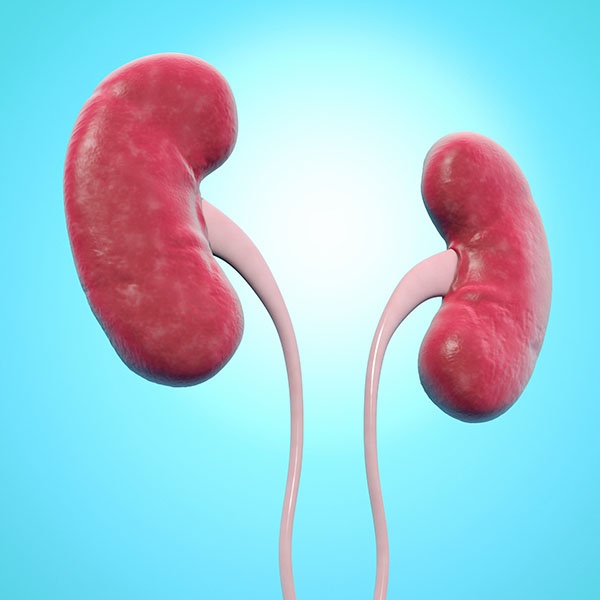

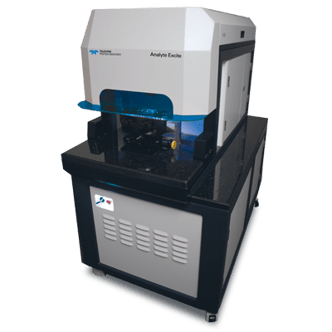 Teledyne CETAC and TOFWERK AG (Switzerland) recently announced the installation of the world’s first combination of an Analyte Excite excimer laser ablation system with HelEx II sample chamber and ARIS rapid aerosol introduction system coupled to an icpTOF 2R mass spectrometer at the University of Vienna. The system will be used for imaging element concentration distribution in biological samples, and will enable transmission of aerosol generated from laser pulses to the mass spectrometer in less than 30 milliseconds.
Teledyne CETAC and TOFWERK AG (Switzerland) recently announced the installation of the world’s first combination of an Analyte Excite excimer laser ablation system with HelEx II sample chamber and ARIS rapid aerosol introduction system coupled to an icpTOF 2R mass spectrometer at the University of Vienna. The system will be used for imaging element concentration distribution in biological samples, and will enable transmission of aerosol generated from laser pulses to the mass spectrometer in less than 30 milliseconds.
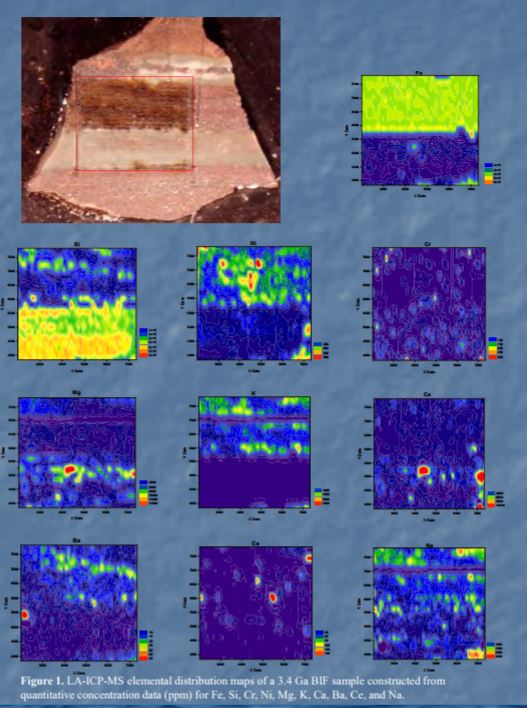
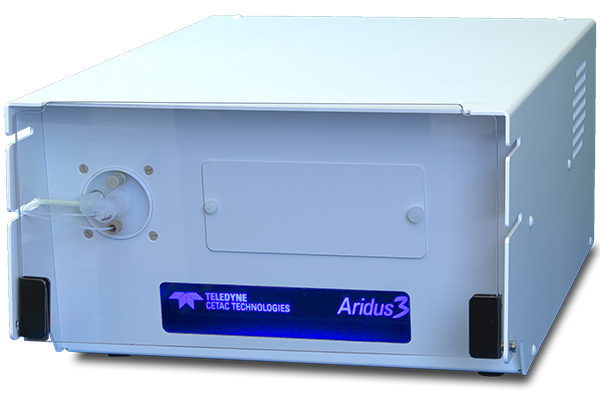

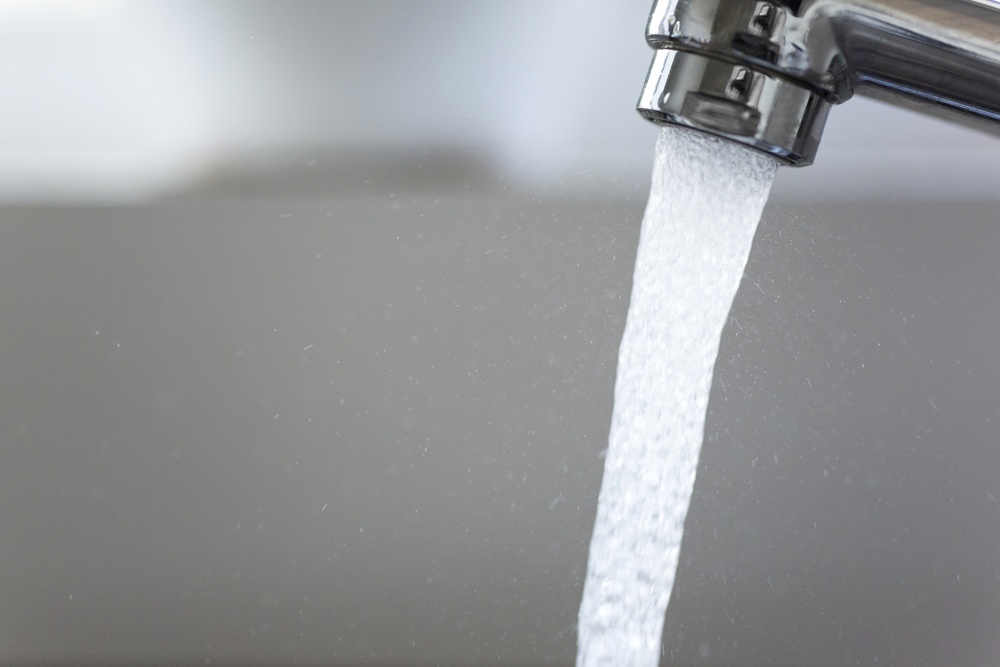

 Welcome to Teledyne CETAC's blog site where we will be posting blogs relevant to you and your applications.
Welcome to Teledyne CETAC's blog site where we will be posting blogs relevant to you and your applications.